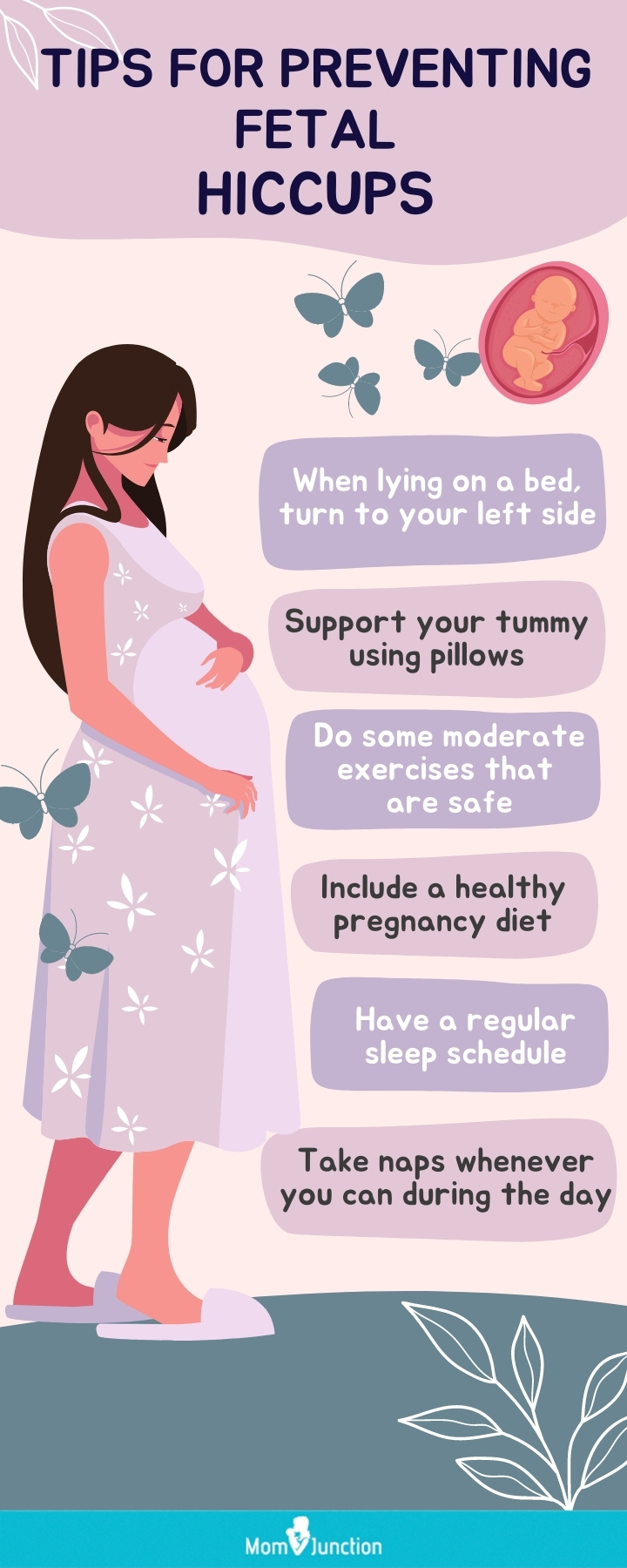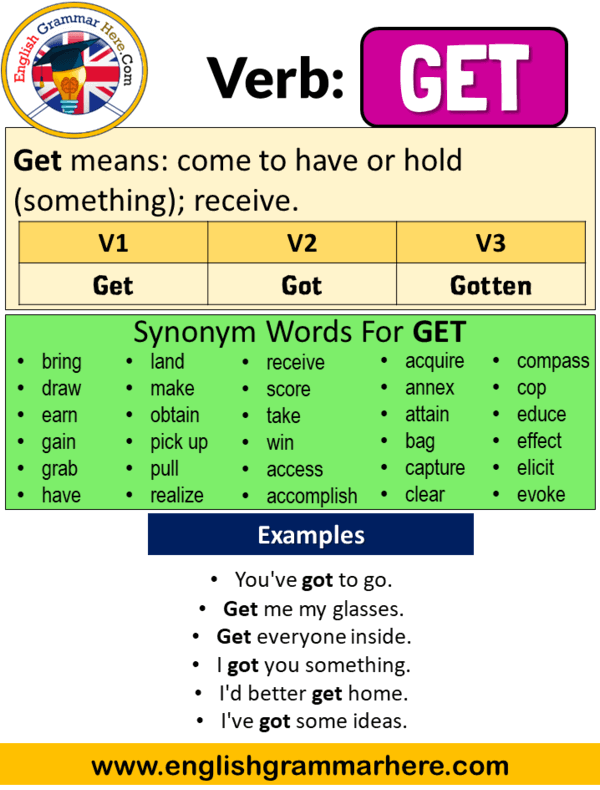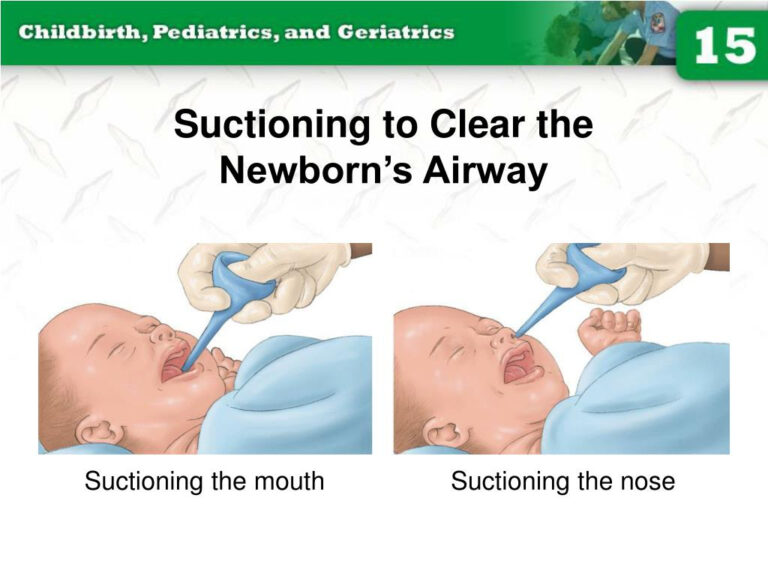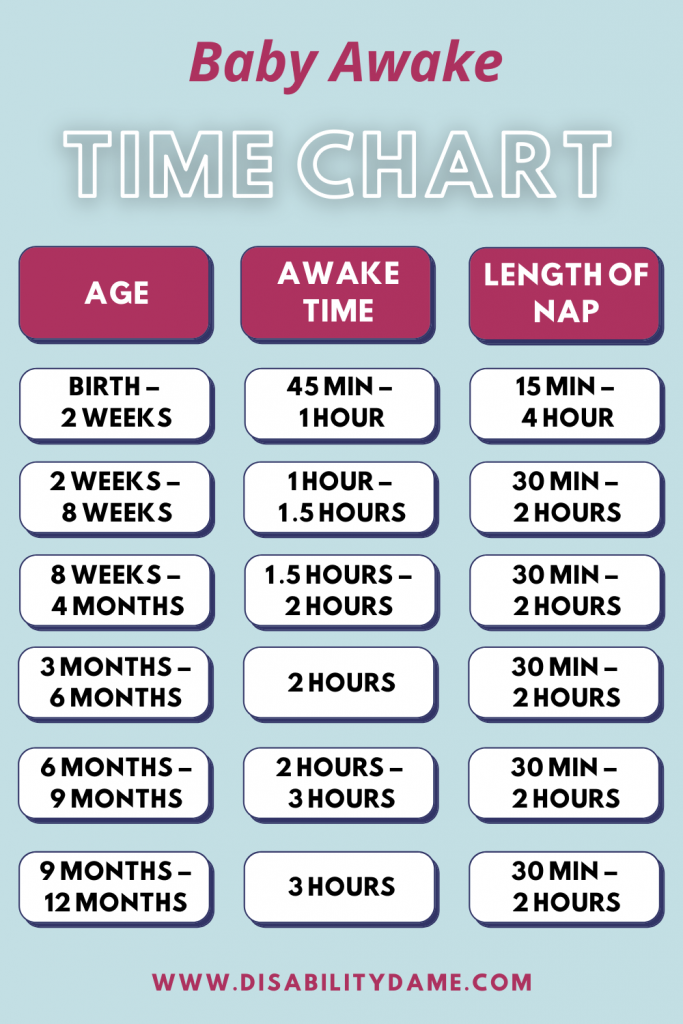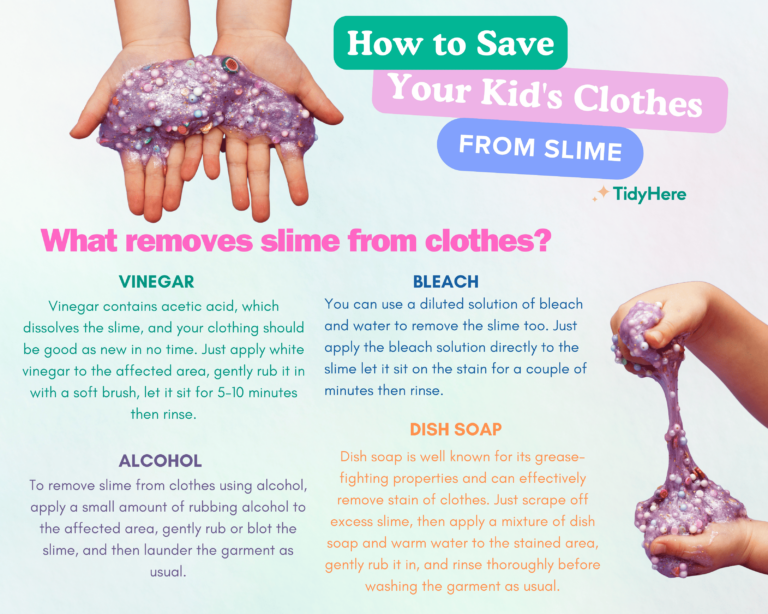What Do Baby’s Hiccups Feel Like
Have you ever experienced the adorable yet puzzling phenomenon of a baby’s hiccups? These little bursts of movement inside your baby’s belly can be both fascinating and concerning for new parents. In this article, we will delve into what baby’s hiccups feel like, why they happen, and how you can help soothe your little one.
Knowledge
When it comes to understanding what baby’s hiccups feel like, it’s essential to know that hiccups in babies are entirely normal. In fact, they can even be a sign of healthy development. Most parents describe baby’s hiccups as rhythmic, involuntary movements that feel like tiny spasms or twitches in the baby’s chest or abdomen. These movements may be accompanied by a soft “hic” sound, which is as endearing as it is distinctive.
While baby’s hiccups may seem alarming at first, they are typically harmless and tend to resolve on their own. In most cases, baby’s hiccups are caused by the immaturity of the baby’s diaphragm muscles, which can spasm and contract involuntarily. This is why hiccups are more common in newborns and infants, as their little bodies are still learning to coordinate their breathing and swallowing reflexes.
Parents may notice that baby’s hiccups tend to occur more frequently after feeding, as swallowing air while nursing or bottle-feeding can trigger the diaphragm muscles to spasm. Additionally, changes in temperature, excitement, or stress can also contribute to the occurrence of hiccups in babies.
When it comes to the sensation of baby’s hiccups, many parents describe feeling a gentle, rhythmic pulsing or fluttering sensation in the baby’s chest or abdomen. Some parents even find baby’s hiccups reassuring, as they can be a sign that the baby is developing normally and practicing important reflexes.
While baby’s hiccups are generally nothing to worry about, there are a few things you can do to help alleviate them. If your baby gets hiccups during or after feeding, try burping them gently to release any trapped air. You can also try changing your baby’s position or gently rocking them to help calm their diaphragm muscles. In most cases, baby’s hiccups will subside on their own within a few minutes.
Conclusion
In conclusion, understanding what baby’s hiccups feel like can help alleviate any concerns or worries you may have as a parent. Remember that baby’s hiccups are a normal and common occurrence in newborns and infants, and they usually resolve on their own without any intervention. By knowing what to expect and how to soothe your baby during hiccups, you can feel more confident and prepared to care for your little one.
Overall, the target audience for this article is new parents or caregivers who may be curious or concerned about the sensation of baby’s hiccups. By providing detailed information and practical tips, this article aims to reassure and educate readers on this common aspect of infant development.
Final thoughts on what baby’s hiccups feel like emphasize the importance of staying informed and observant when it comes to your baby’s health and well-being. While hiccups may seem minor, they can provide valuable insights into your baby’s growth and development. By being attentive and responsive to your baby’s needs, you can navigate the ups and downs of parenting with confidence and care.
